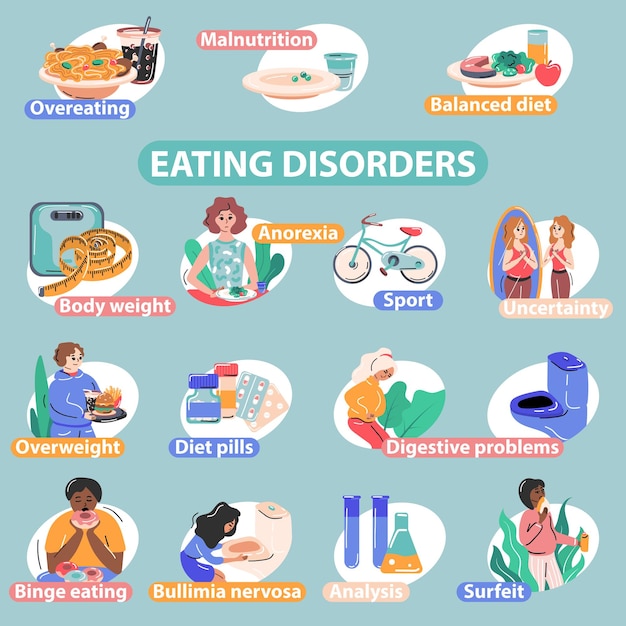
Ever thought of trying out the keto diet or perhaps you’re already on it? If so, then you’re probably well aware or have even experienced what is often known as the keto flu. No, it’s not a sickness; rather it’s a cluster of symptoms much like in the regular flu due to your body transitioning from a diet high in carbs to one low in carbohydrates and sugar. Simply put, your body is swapping out glucose for fat, a process known as ketosis, hence the emergence of these symptoms.
Ever wondered what these keto flu symptoms are, how to reduce their effects or better still, how to avoid them altogether? Read on.
First up, the usual suspects of the keto flu. You are likely to experience headaches, nausea, weakness, and dizziness. Some people have also reported feeling cramps and changes in digestion such as vomiting, constipation, and diarrhea could occur. Watch out for muscle cramps, stomach pain, lack of concentration; even your sleep might be affected thanks to these symptoms or due to metabolic changes causing insomnia. And oh, expect cravings. Lots of sugar cravings!
According to KetoLogic, many people will go through these flu-like symptoms in the early days of the keto diet. Not surprising considering how much sugar we consume annually; around a hundred pounds per person! Of course our bodies will crave it and react strongly when we cut it out.
Now, onto some common symptoms to look out for:
1. Fatigue: As you start with the ketogenic lifestyle, you might feel tired. This is just your body transitioning from burning carbohydrates to fat for energy.
2. Headaches: Early on in the keto journey, some people experience headaches. This can often be attributed to dehydration and imbalances in electrolytes.
3. Nausea and Dizziness: Your body’s change in its primary energy source might cause feelings of nausea and dizziness. Staying hydrated and balancing electrolytes can definitely help.
4. Muscle Cramps: These can be due to depletion of electrolytes. So, adding foods rich in magnesium and potassium to your diet can help.
5. Brain Fog: The mental clarity might temporarily be obscured due to the body adjusting to the keto state.
6. Irritability: The shift in energy sources could put you in a foul mood during the initial stages.
7. Sugar Cravings: Cutting down carb intake might make you crave sugar as your body adjusts to the absence of its primary energy source.
Now that we know our enemies, how do we lessen the effects of the keto flu? The secret lies in hydration and nutrients. Getting enough electrolytes like salt, magnesium, potassium, and sodium can help. This could mean increasing your intake of table salt, bone broth or adding mineral salts to your diet. If your diet restricts potassium-rich foods like beans and starchy vegetables, consider adding green leafy vegetables, avocados, or supplements to your meals. Same goes for magnesium which is crucial for battling headaches and sleep trouble. More water and less caffeine will prevent cramps and reduce symptoms, especially if you’re throwing up or dealing with diarrhea. Lastly, rest! Like in a regular flu, sleep can help tremendously.
Avoiding the dreaded keto flu in the first place involves starting slow rather than completely jumping from a high-carb diet to a keto diet. If the symptoms start showing up, it’s okay to add a few clean, nutrient-dense carbs into the mix. But remember, this doesn’t mean you go wolfing down a donut. Rather, include more dairy, vegetables or low-carb fruit in your diet. When on the keto diet, not getting enough calories can also lead to the keto flu. So, make sure you’re not avoiding both carbs and fat in your diet, denying your body the fuel it needs and leaving you lightheaded or cramping.
Remember, the goal is to burn fat and lose weight gradually, not to starve yourself. This does not involve fasting excessively but achieving ketosis through a nutrition-packed low-carb diet. Go easy on workouts too, so as not to worsen the symptoms.
So, there you have it, not everyone on the keto diet gets to experience the keto flu but if it happens, you now know there are many ways to prevent it. Keep up the good fight!






